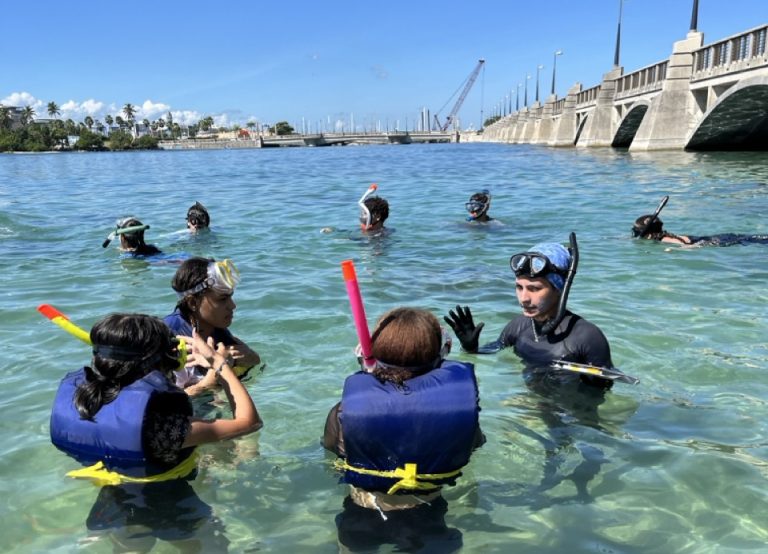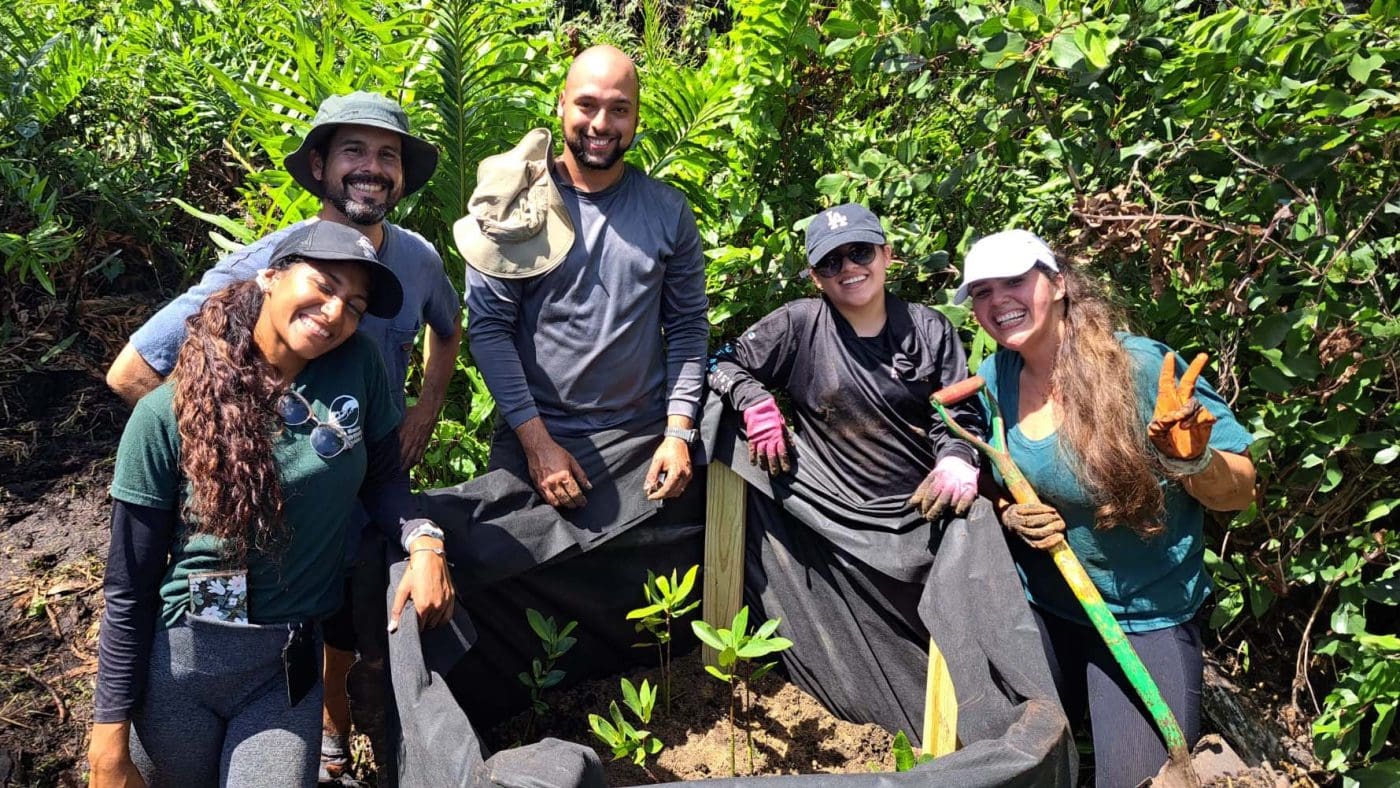Students will participate in the activities related to the Coastal Resilience module. They will acquire basic preparation to participate in environmental and ecological monitoring projects, in mangrove, seagrass and coral reef communities, and in turn, support adaptation processes. This results in more restoration projects to be implemented in coastal ecosystems, manage scientific data and strengthen coastal communities.

Offers:
- Workshops on coastal ecosystems and socio-ecological resilience
- Field experiences:
- Ecological evaluation of coral communities
- Ecological assessment of seagrass communities
- Ecological assessment of marine fish
- Ecological restoration with planting of coastal vegetation
Benefits:
- Scientific knowledge and skills to contribute to ecological restoration
- Tools for your development as environmental leaders
- Contribution to the resilience of coastal ecosystems
- Community service hours or Green Contact (as applicable)
- Certification useful for professional development

Requirements for certification:
- 1 introductory workshop
- 1 thematic workshop, according to habitat of interest
- Coastal vegetation and dunes
- Sea grasses
- Coral reefs
- Marine fish
- 2 field—or research—experiences
Field participation will require taking the relevant thematic workshop. Must always be accompanied by an adult.
For more information, contact Coral Avilés at: [email protected]
Coastal Resilience Module
Presents concepts focused on tropical coastal ecosystems in order to study the services they provide and their roles in socio-ecological resilience.
- Introductory Workshop: Coastal Resilience
- Thematic workshop according to selected theme/ecosystem:
- Coastal Restoration of Mangroves and Dunes
- Ecological Evaluation of Coral Reffs
- Ecological Evaluation of Seagrasses
- Ecological Evaluation of Marine Fish
- Field work: 2 field trips relevant to selected theme/ecosystem



